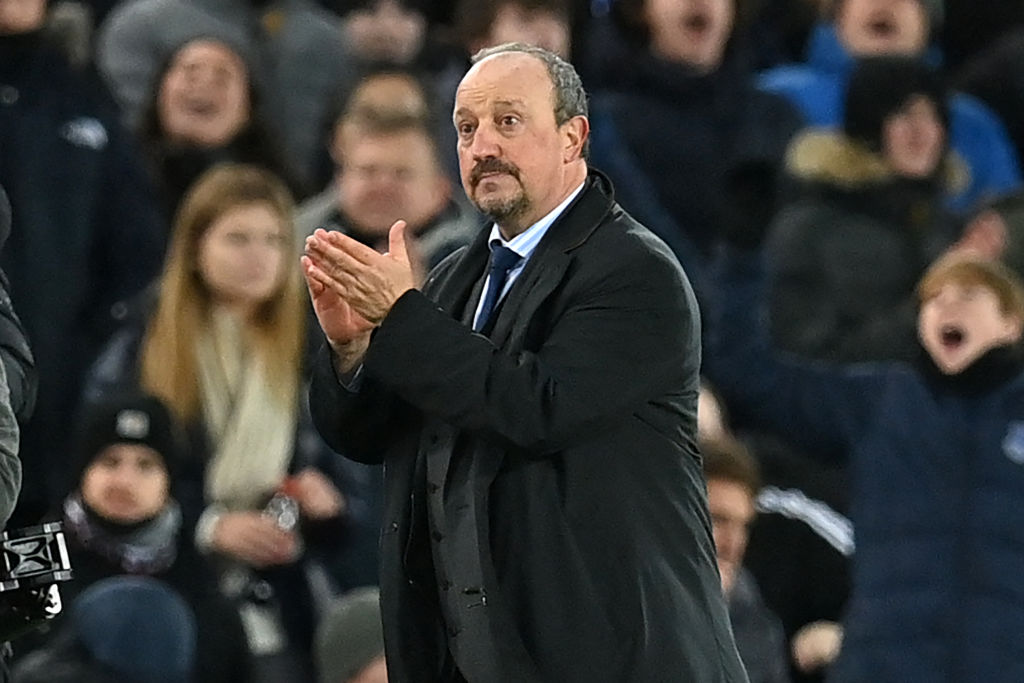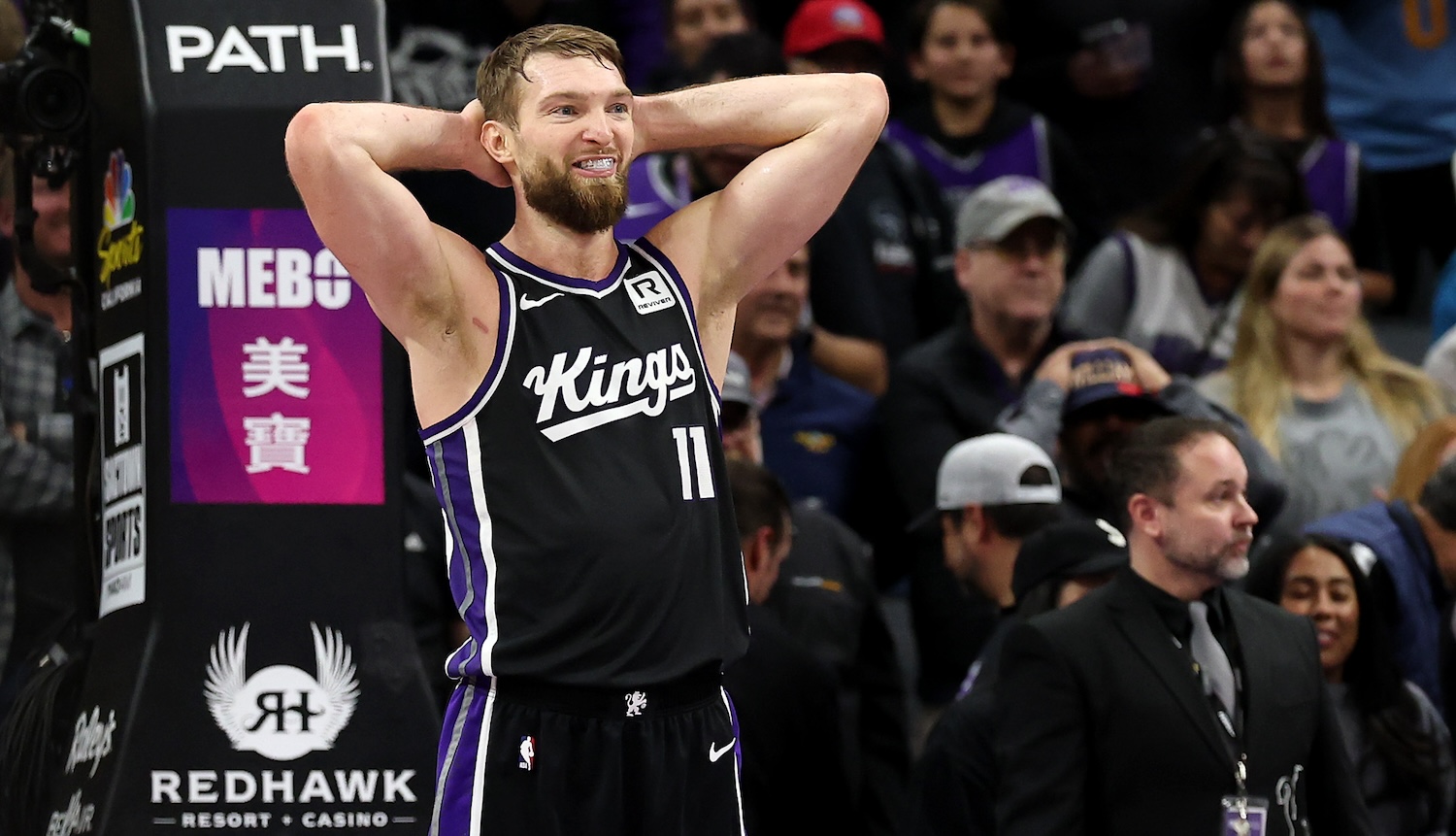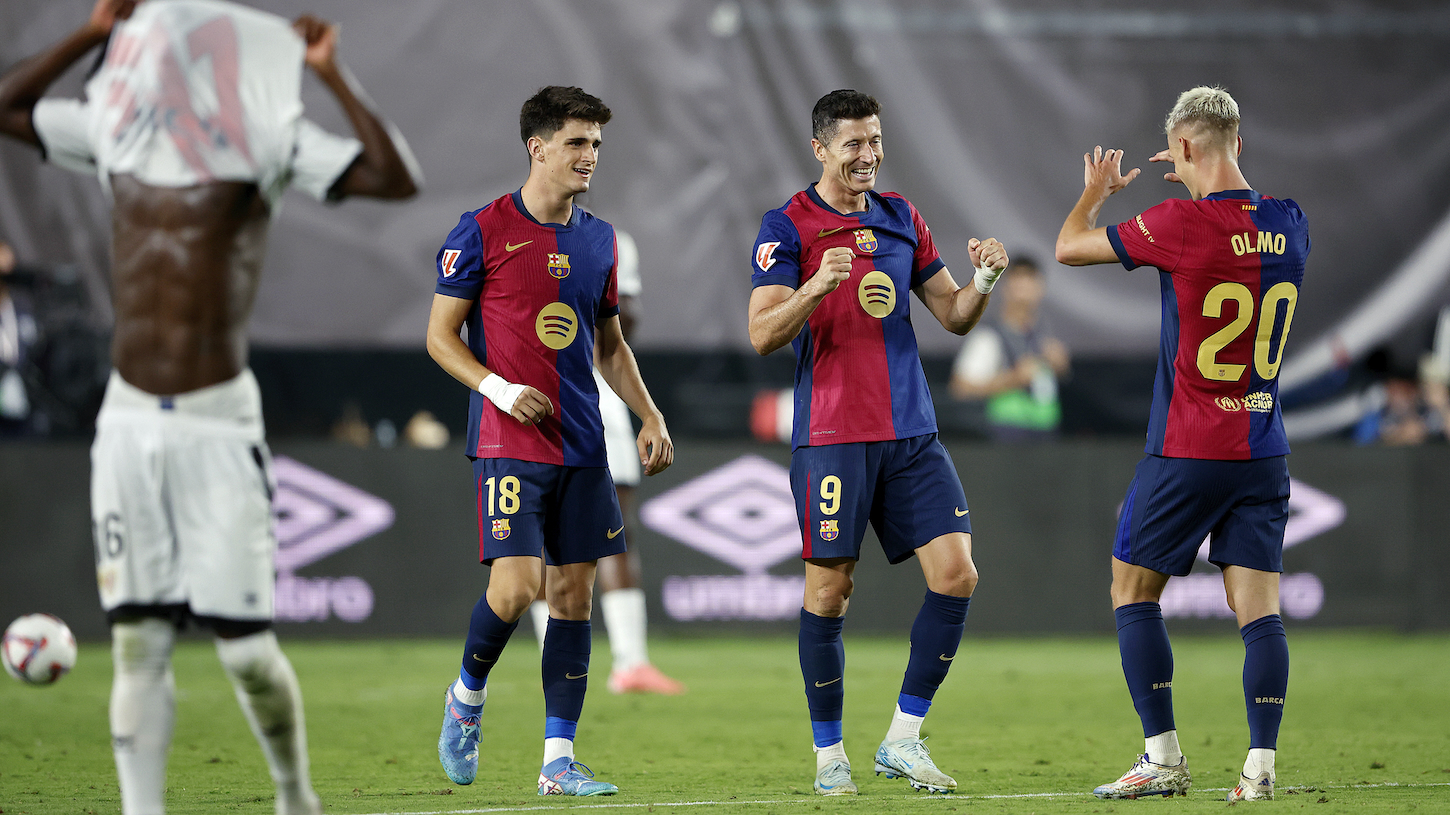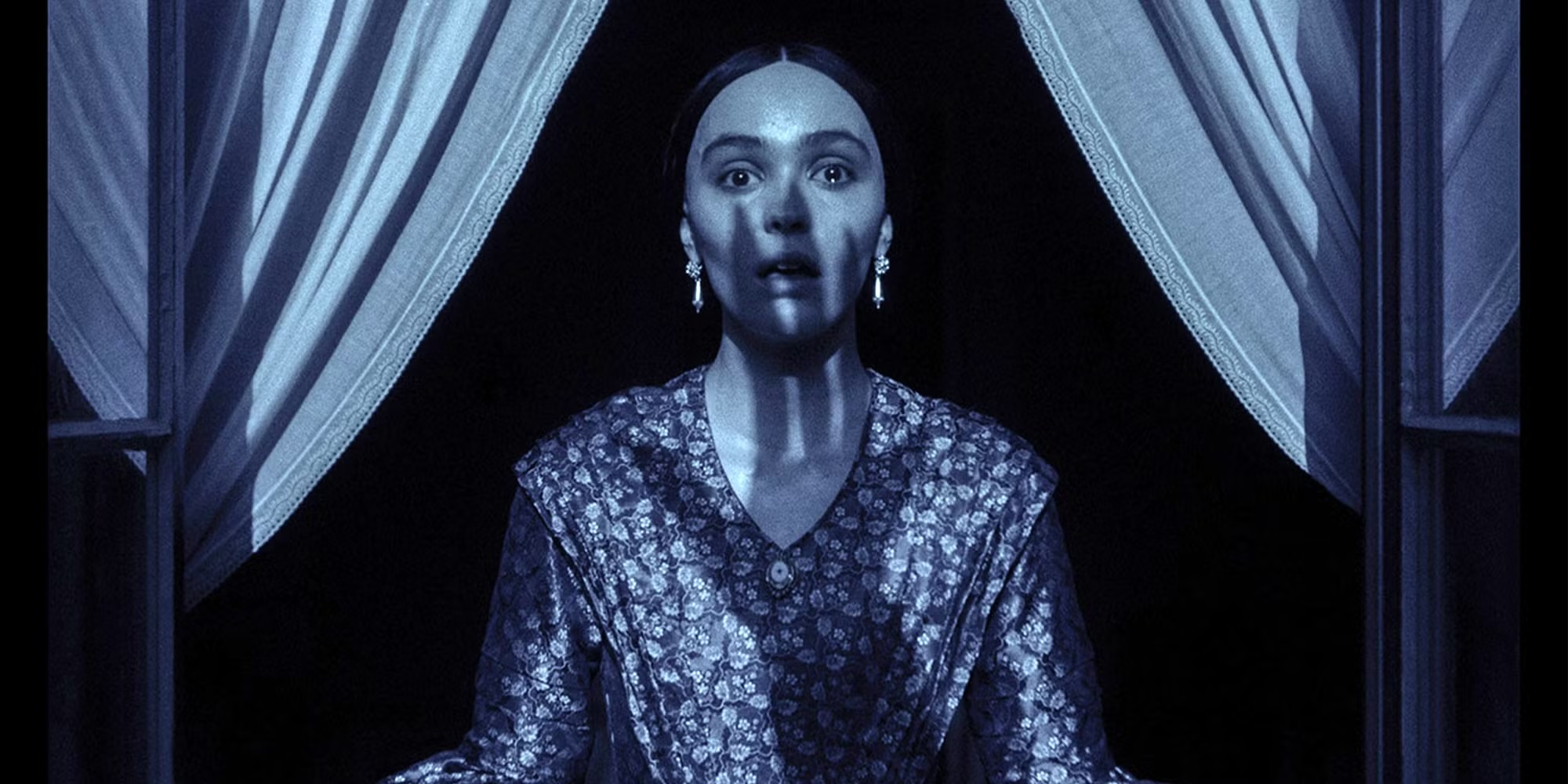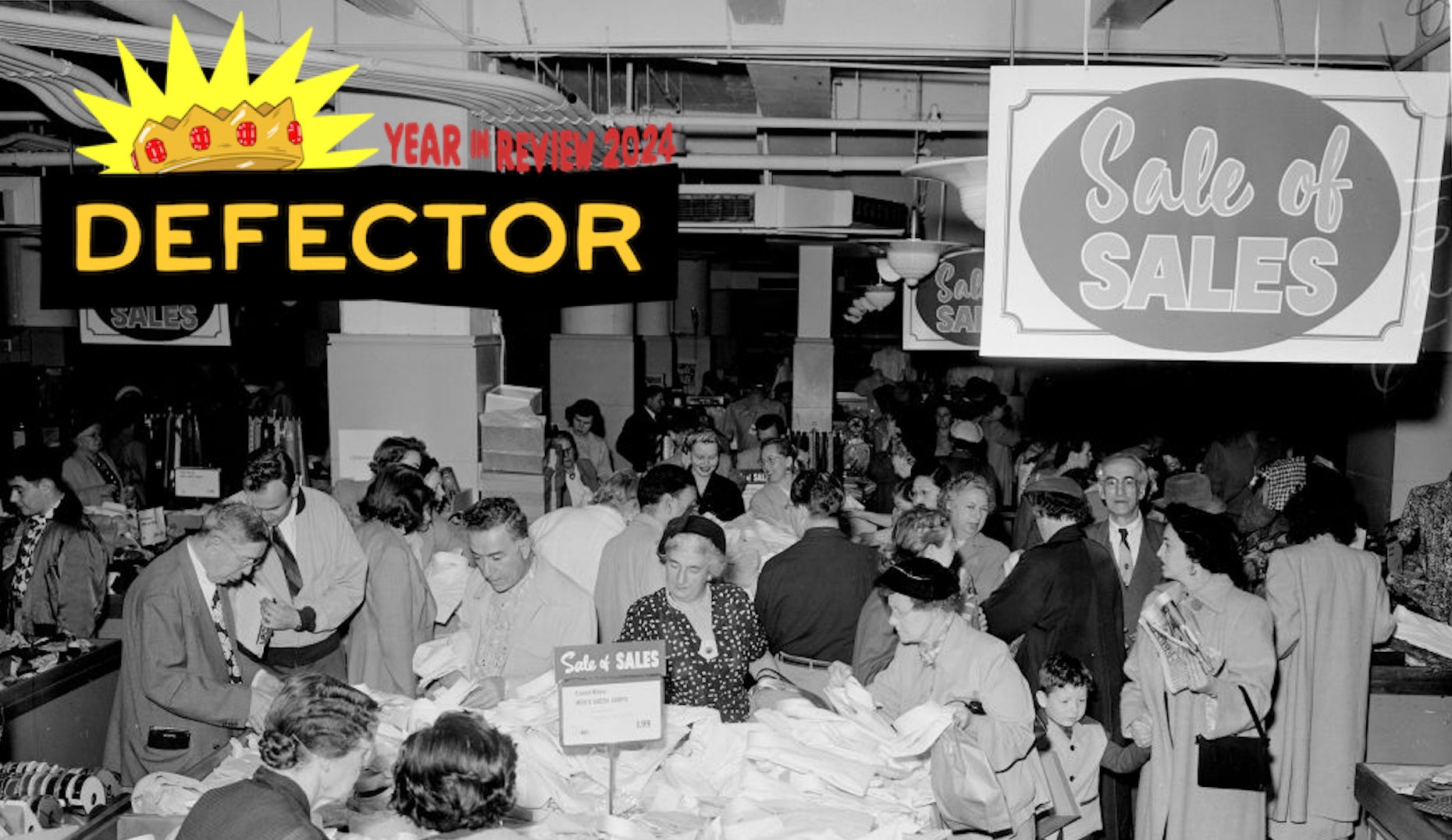Coming into yesterday's home game against Arsenal, Everton was on perhaps the worst run of form in the club's history. The team was winless in eight consecutive matches, had lost six of those eight, had just been humiliated by arch-rivals Liverpool at home, and was sitting at 16th in the table, not far off a relegation fight. Oh, and the team's director of football, Marcel Brands, who signed a new three-year contract last April, had resigned the day before.
How Everton got itself into such a bad place is a long and somewhat complicated story, but the simplest way to tell it is to say that ever since Iranian billionaire Farhad Moshiri became the club's majority shareholder in 2016, there have been far too many hands on the wheel, with each pair battling the others to try and steer the team towards its own desired future. Moshiri's only been calling the shots for six years, but he's already on his sixth manager and will now be searching for his third director of football. All of that turnover, packed into such a short timespan, has left the team without a clear vision or philosophy, not to mention an expensive, unbalanced, mediocre squad.
That mess eventually birthed something of a power struggle this past summer, when Rafa Benítez was appointed manager in the wake of Carlo Ancelotti's shocking departure. Brands, who was hired in 2018 and originally tasked with building a team from the ground up with then-manager Marco Silva, suddenly found himself sharing oxygen with a commanding, meticulous manager who brought his own philosophy and set of desires to the table. Benítez asserted himself immediately by chucking James Rodríguez, who had been handpicked by Ancelotti to be Everton's attacking star, and bringing in a set of dirt-cheap players of his own choosing (Andros Townsend, Demarai Gray, Salomón Rondón).
For the past few months, it has been entirely unclear who was actually calling the shots at Everton. Was it Brands? Benítez? Moshiri? Some other contingent of board members? This confusion left fans with seemingly limitless targets at which to aim their ire following the low point of the season, a 4–1 home loss to Liverpool on Dec. 1. Those calling for Brands's job or for changes to be made in the boardroom were just as loud as those screaming for Benítez to be sacked.
Some Everton fans stayed behind at Goodison tonight to voice their opinions to Bill Kenwright and Marcel Brands.
— Footy Accumulators (@FootyAccums) December 1, 2021
Things are NOT GOOD at Everton. 😳
📹 @rbrtlbt pic.twitter.com/v3bZeViQio
It was clear that someone had to pay some sort of consequence for the team's terrible run of form, and Brands became that someone when he resigned on Sunday. In his departing statement, Brands hinted at the fact that he had ultimately lost whatever battles were going on behind the scenes between himself, Benítez, and the board, writing, "The Board and I agreed that there is a clear difference in the vision and direction for this beautiful club and, with that in mind, the decision was taken."
Whether or not Brands was the right man to take the fall matters less than the fact there is now one fewer cook in Everton's kitchen. What's clear now is that Benítez has been chosen as the man to pull Everton out of the muck, and on Monday we got a look at what that rescue operation might look like, both on and off the pitch.
Everton beat Arsenal, 2–1, at home on Monday, and it must be said that the Toffees thoroughly outplayed the visitors from the first whistle to the last, and could have won the game by an even bigger margin if Richarlison had not had two goals disallowed after VAR determined that he was centimeters offside. The performance demonstrated what Benítez can get out of this side—an organized defensive shape, a potent and direct attack built around Richarlison's deep well of skills, substitutes used at the right time and put in the right positions to succeed—and the team will need to play a lot more games like that one in order to keep their spot in the middle of the table.
The game was also notable for who wasn't involved. Left back Lucas Digne, who has been one of Everton's best and most consistent players since signing from Barcelona in the summer of 2018, was not included in the starting lineup or the substitutes bench. Digne, whose move to Everton is understood to have been engineered by Brands and who at times looked like one of the best attacking fullbacks in the league under Silva and Ancelotti, is the type of player you'd assume any manager desperate to string together some good results would want to lean on. But Benítez chose instead to play Ben Godfrey, a right-footed center back, in Digne's position on the left, and in doing so seemed to be sending a message, just as he had when Rodríguez was frozen out of the team and sold to Qatar before any games even kicked off. This is no longer Brands's or Ancelotti's team; it is Rafa Benítez's team.
🗣 "The priority is the team."
— Football Daily (@footballdaily) December 6, 2021
Rafa Benitez neither confirms or denies that he and Lucas Digne have had a falling out pic.twitter.com/aBXRTrbkCB
There are perhaps better ways for a manager to assert himself than to chase away two of his team's most creative players—it's worth noting that aside from Digne, Everton do not currently have a natural left back who is anywhere near first-team level—but Benítez at least deserves credit for his commitment to the bit. If nothing else, yesterday made it clear that this is his show now. That show may very well include more performances like yesterday's, especially as the team gets healthier and Benítez gets more familiar with his players, but it will also include the kind of stubbornness and rigidity that can rob a player of Digne's quality of his place in the side. All this means is that Benítez better win some more games, and fast, because there's only one other head left to roll if he doesn't.
